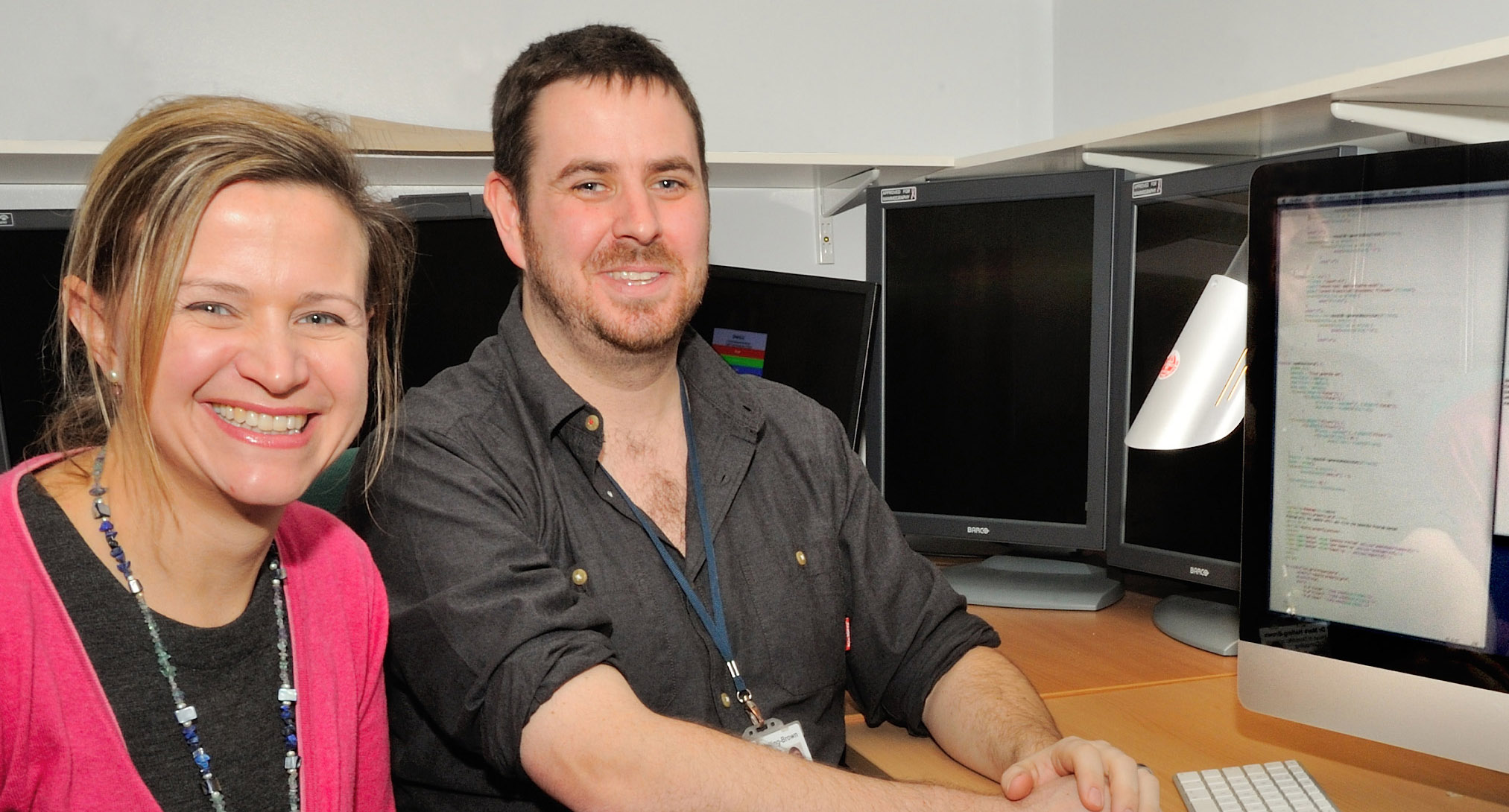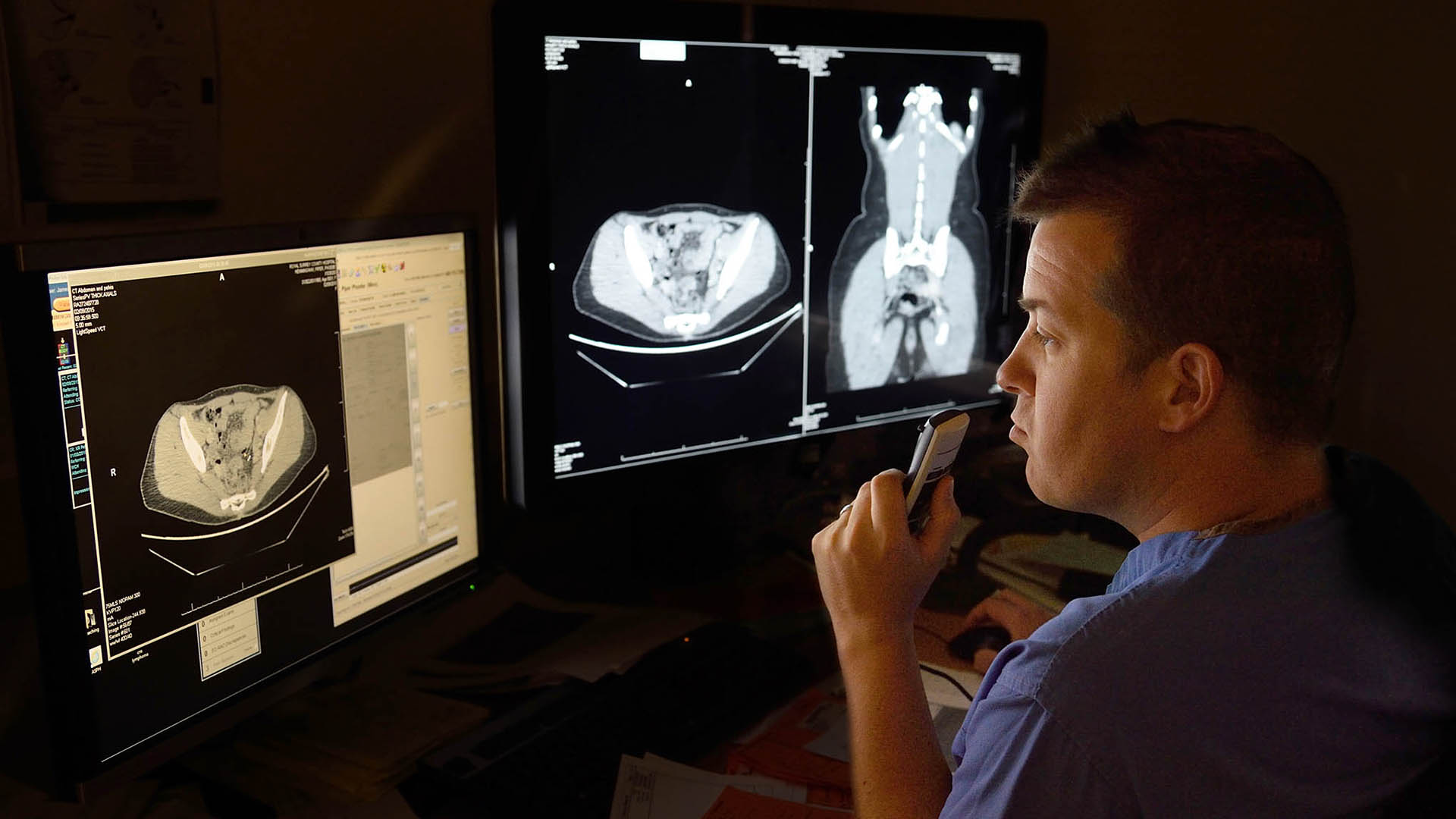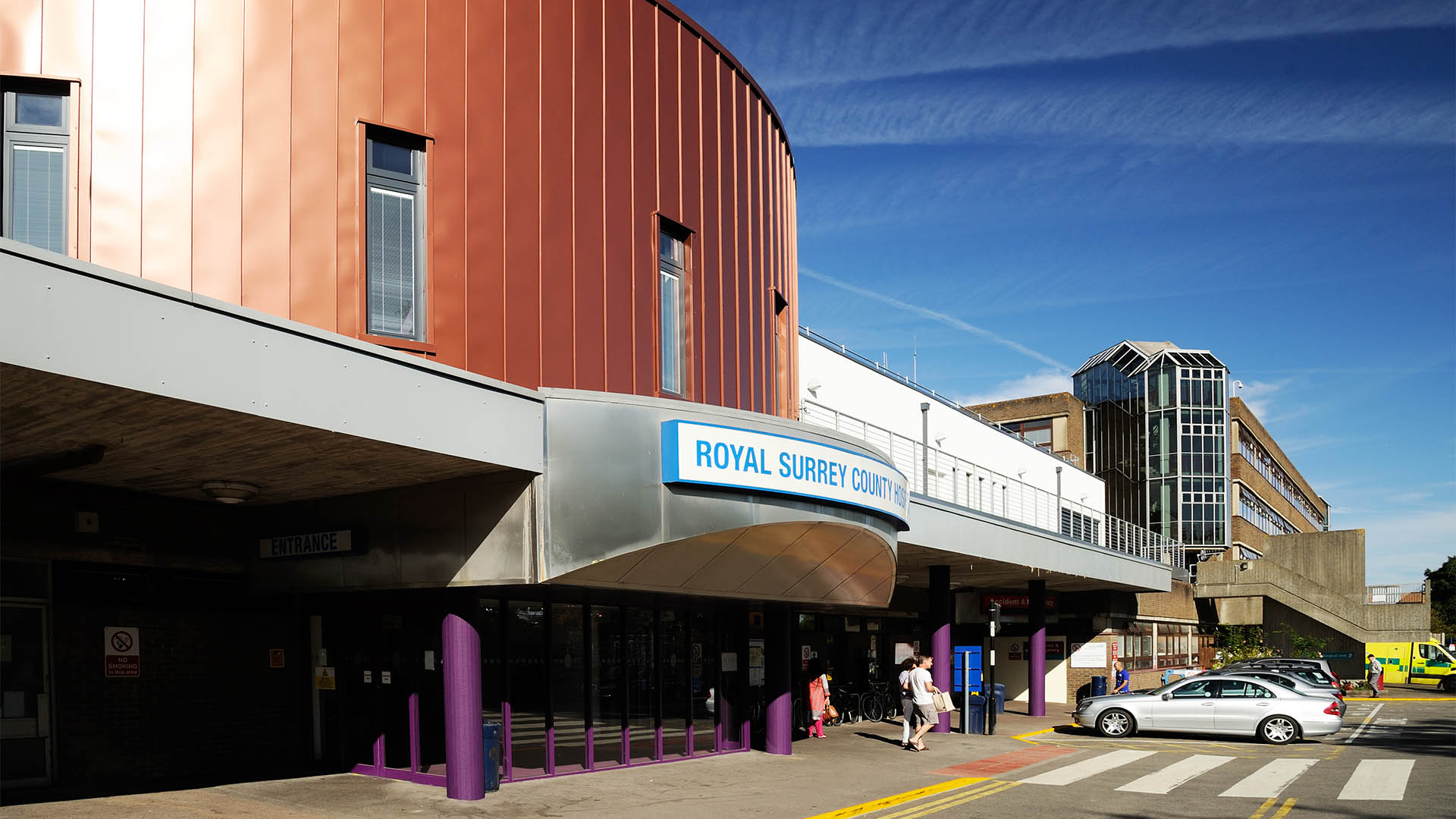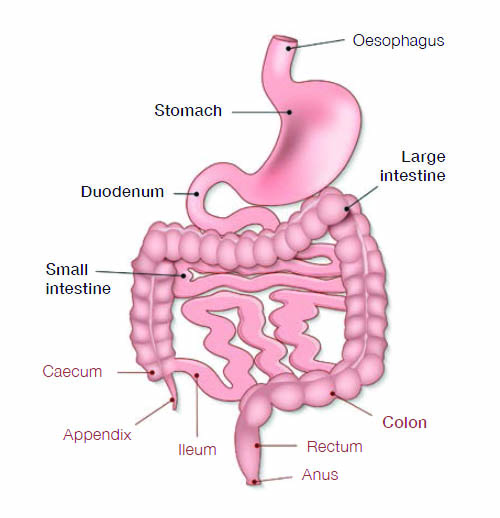About BRIGHT
As a charity, our aim is to improve the lives of those affected by GI (Gastro-Intestinal) and HPB (Hepato-Pancreato-Biliary) cancers.
BRIGHT funds ongoing research into improving treatment options and outcomes for patients and through the purchase of new equipment for a whole range of GI and HPB cancer treatments, including surgery, chemotherapy, immunotherapy, radiotherapy and other advanced treatments.
BRIGHT supports the clinical and research work of cancer specialists at St Luke’s Cancer Centre and the HPB Surgical Unit, both based at the Royal Surrey County Hospital in Guildford.
Our History
BRIGHT was founded in 1997 as Dr Topham’s Research Fund and carried out vital research and new treatment options for GI cancer patients. In 2018 Trustees of BRIGHT agreed to merge with the Liver Cancer Surgery Appeal (LCSA) to create a single, enlarged charity under the banner of BRIGHT. The LCSA was founded in 1997 by Professor Nariman Karanjia, Consultant HPB Surgeon, to fund equipment and research into the causes and treatment of HPB cancers.
The merging of these two charities has enabled BRIGHT to create a united organisation working to create brighter futures for patients with both GI and HPB cancers. Working together, BRIGHT can share resources, skills and expertise to help advance research and improve treatment options for these cancers.
The completion of the merger was celebrated at a GenesisCare–sponsored dinner at the House of Commons in October 2018, which was hosted by Sir Paul Beresford, MP. Download the BRIGHT brochure here.









